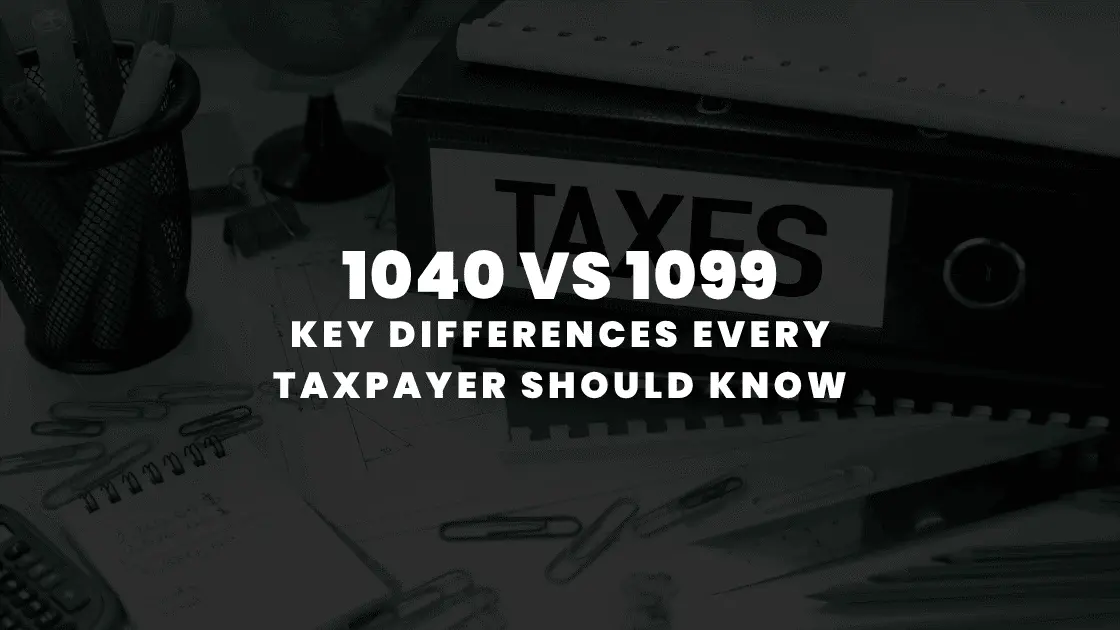July 11 2023 | By Farwah Jafri | 7 minutes Read

What is meant by outsourced tax preparation services?
What are the pros of outsourced tax preparation services?
1. Expertise and Knowledge
2. Accuracy and Compliance
3. Time and Resource Savings
4. Cost Efficiency
5. Enhanced Security and Confidentiality
6. Scalability and Flexibility
7. Expert Advice and Planning
What are the cons of outsourcing tax preparation services?
1. Lack of Control
2. Security Risks
3. Communication Challenges
4. Quality and Expertise Concerns
5. Dependency on External Factors
6. Cost Considerations
7. Limited Customization
Endnote
Outsourced tax preparation services refer to a professional services or software program that assists individuals or businesses in preparing and filing their tax returns. Tax preparation can be complex, involving various forms, calculations, and compliance with tax laws and regulations.
When using a tax preparation service, individuals or businesses provide their financial and tax-related information to the service provider. The provider then utilizes this information to complete the necessary tax forms accurately, calculate tax liabilities or refunds, and ensure compliance with applicable tax laws.
Tax preparation services may be offered by certified public accountants (CPAs), tax attorneys, enrolled agents, or other professionals with expertise in tax matters. They may also be provided by specialized companies or software programs designed specifically for tax preparation purposes.
It’s important to note that tax preparation services do not guarantee tax outcomes or provide legal or financial advice. However, they can help taxpayers navigate the complexities of the tax system and ensure their tax returns are completed accurately and by relevant tax regulations.
Outsourced tax preparation services can offer several advantages for businesses or individuals. Here are some of the key benefits:
Tax regulations and laws are complex and frequently updated. By outsourcing tax preparation, you gain access to professionals who specialize in tax matters. These experts possess up-to-date knowledge and expertise in navigating the intricacies of tax codes, ensuring compliance, and maximizing deductions or credits. They stay informed about changes in tax laws, which can be time-consuming for individuals or small businesses to keep up with on their own.
Tax professionals are trained to accurately prepare tax returns and adhere to tax laws and regulations. They have a thorough understanding of applicable deductions, exemptions, and credits, reducing the risk of errors or omissions. Outsourcing tax preparation can help minimize the chances of audits, penalties, or legal issues resulting from incorrect filings.
Tax preparation can be a time-consuming process, particularly for businesses with complex financial situations. Outsourcing this task frees up valuable time and resources that can be redirected towards core business activities. It allows you to focus on your strengths, enhance productivity, and allocate resources efficiently.
Outsourced tax preparation services can be cost-effective, especially for small businesses or individuals. Hiring and training in-house tax professionals can be expensive, particularly if tax expertise is only required periodically. By outsourcing, you eliminate the need for full-time tax staff and associated costs like salaries, benefits, and training. Additionally, you can avoid expenses related to tax software, updates, and other resources required for tax preparation.
Professional outsourced tax preparation services providers prioritize the security and confidentiality of your financial data. They have robust systems and protocols in place to protect sensitive information from unauthorized access, ensuring compliance with privacy regulations. It reduces the risk of data breaches, identity theft, or other security concerns associated with handling tax-related information in-house.
Outsourced tax preparation services allow for scalability and flexibility. As your business grows or experiences seasonal fluctuations, you can easily adjust the level of service required. Whether you need help with individual tax returns, business taxes, or multiple jurisdictions, outsourcing offers the flexibility to accommodate changing needs without the hassle of recruiting or training additional staff.
Tax professionals not only prepare your returns but can also provide valuable advice and tax planning strategies. They can help identify opportunities for minimizing tax liabilities, maximizing deductions, and optimizing your overall tax position. By leveraging their expertise, you can make informed financial decisions that align with your long-term goals and objectives.
Outsourcing tax preparation services can have several disadvantages, which are explained in detail below:
When you outsource your tax preparation, you relinquish a certain level of control over the process. You rely on an external service provider to handle sensitive financial information and make accurate tax calculations. This lack of control can make some businesses or individuals uncomfortable, especially if they have specific tax requirements or preferences.
Outsourcing tax preparation involves sharing confidential financial and personal information with a third-party service provider. While reputable firms typically have security measures in place, there is always a risk of data breaches or unauthorized access to sensitive information. Mishandling of data can lead to identity theft, fraud, or other security breaches, which can have serious consequences for both businesses and individuals.
Tax preparation often requires detailed discussions and exchanges of information to ensure accuracy and compliance. When outsourcing, there may be challenges in communication due to time zone differences, language barriers, or lack of direct access to the tax preparer. Miscommunications or delays in information exchange can result in errors or missed deadlines, leading to penalties or other negative consequences.
Not all outsourced tax preparation services providers have the same level of expertise or experience. While some firms may employ qualified professionals, others may offer lower-cost services by using less experienced staff or relying heavily on automation. It can result in errors, incorrect tax filings, or missed opportunities for deductions or credits. It is essential to thoroughly research and choose a reputable and reliable service provider to minimize the risk of subpar service.
When you outsource your tax preparation, you become dependent on the availability and reliability of the external service provider. If they encounter staffing issues, technical problems, or other challenges, it can affect the timeliness and quality of your tax preparation. This dependency can be a concern, particularly when approaching tax filing deadlines or when needing urgent tax-related assistance.
While outsourcing tax preparation may seem like a cost-saving measure initially, it’s important to consider the long-term financial implications. Depending on the complexity of your tax situation and the fees charged by the service provider, outsourcing may only sometimes be the most cost-effective option. Additionally, if you require additional services or amendments after the initial tax preparation, these can incur additional costs.
When outsourcing tax preparation, you typically receive a standardized service that may only partially cater to your unique needs or circumstances. If you have complex tax situations, multiple income sources, investments, or deductions specific to your industry, an outsourced service may not provide the level of customization required. It could result in missed opportunities for tax optimization or compliance with industry-specific regulations.
Outsourced tax preparation services can offer advantages and disadvantages, and the decision to outsource ultimately depends on individual circumstances and preferences. The pros of outsourcing include saving time, reducing stress, accessing specialized expertise, and saving money in certain cases. On the other hand, there are cons to consider, such as the cost of outsourcing, potential risks associated with sharing sensitive financial information, and the need for effective communication and collaboration with the outsourcing provider. It is crucial to carefully evaluate your tax preparation process’s specific needs, resources, and goals before making a decision. Consulting with professionals, such as experts from Monily, can help you assess the complexity of your tax situation and conducting a cost-benefit analysis can help in determining whether outsourcing tax preparation is the right choice for you. Consult today!
Also Read: How To File Taxes For An LLC In The U.S – Things To Know
Subscribe for business tips, tax updates, financial fundamentals and more.
MORE BLOGS

Running a small business means every dollar matters. You work hard to earn revenue, manage expenses, and grow steadily, yet tax time often feels like money […]
Learn More →
Tax season can be overwhelming, especially when you’re staring at multiple forms with numbers instead of names. Two of the most common, and often misunderstood, are […]
Learn More →
Working extra hours can feel rewarding, after all you’re putting in more time, showing dedication, and earning more money. But when you look at your paycheck, […]
Learn More →